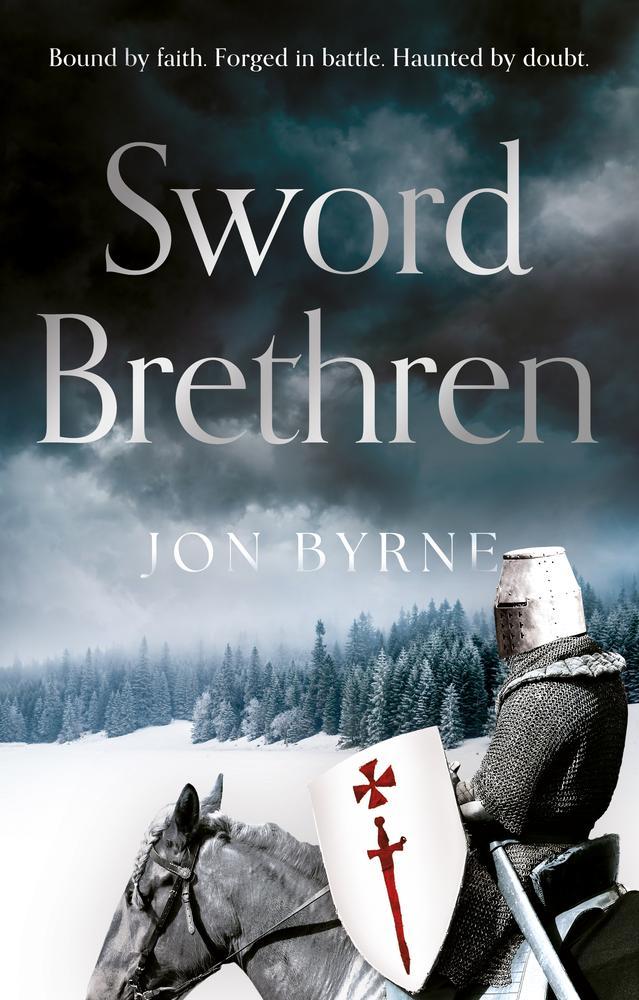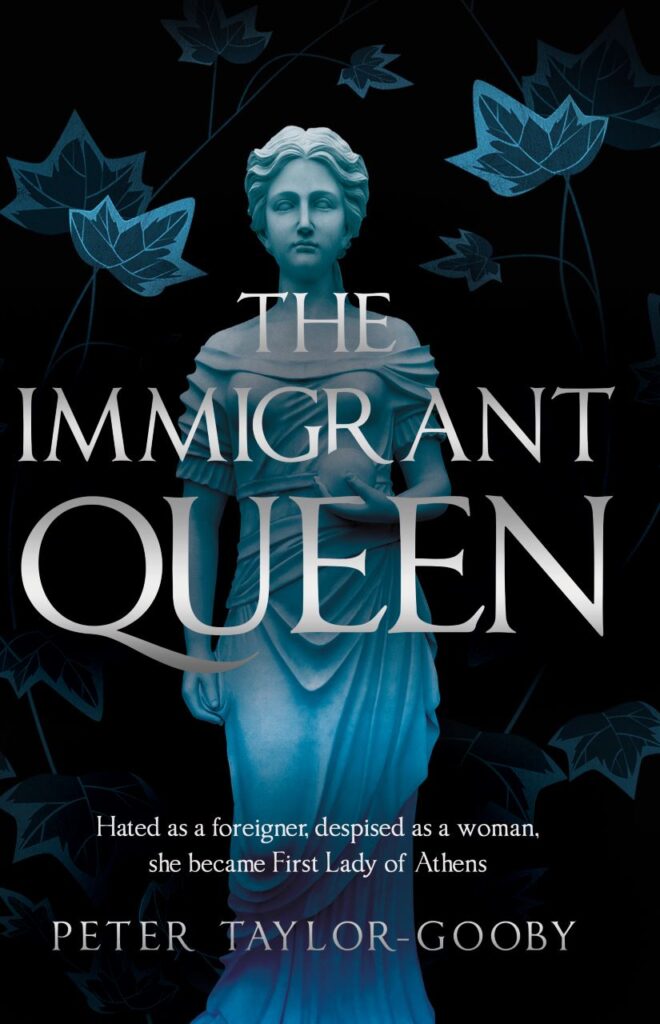Haunted in Virginia: Long Shadows by Abigail Cutter

BY ELIZABETH K. CORBETT
In Abigail Cutter’s Long Shadows (She Writes Press, 2022), her debut novel, we meet Tom Smiley, a former American Civil War soldier who just wants to be left alone in peace. He haunts his childhood home, a farmhouse in Virginia. When a 21st-century couple moves into his home and shake things up, he finds the situation unbearable.
As the young couple, Phoebe and Harry Hunter, start rearranging and touching his family possessions, his mind becomes lost in the past. He dwells upon his childhood in Virginia, his close family, his dear wife, and the horrors of the Civil War. Most importantly, he reminisces about his personal experiences fighting for the Confederacy and his struggles with supporting the side that defended the wicked institution of slavery. It haunts him still.
In between his reminiscences, Tom attempts to get through to Phoebe but to no avail. After trying for quite some time, he is able to successfully communicate with her. He soon learns that Harry is in fact his great-grandson. He finds comfort in the fact that the young couple are his descendants.
Cutter explains that her inspiration for Long Shadows is closer to reality than one would expect. “My husband and I inherited a pre-Civil War house in the foothills of Virginia’s Blue Ridge Mountains filled with everything family members had brought since acquiring it in 1854. We didn’t realize until spending the first night there that it also came with a very angry and loud ghost. As we renovated to make the old farmhouse into a weekend retreat, doors slammed for long periods of time, footsteps stomped up and down the stairs, and objects moved of their own accord.”
She further explains that her inspiration is just as grounded in the present as it is in the past. “I wanted to get to the root of why these disturbances happened. I began to research the history of the Shenandoah Valley, where much of the Civil War was fought. It’s now a 140-mile stretch of quiet farms and small cities, a place where it is hard to imagine so much bloodshed and personal suffering. I started writing the book when Russia first invaded Crimea, and I wondered how it would feel to have one’s serene landscape turned into killing fields. It’s an experience no one in the United States has any memory of. My research quickly became a novel exploring that idea.”
Long Shadows has more meanings than one, Cutter explains. “It’s a tale of a personal haunting, but the country is haunted also—by the legacy of slavery—and will be for generations to come. I chose to have a ghost narrate his own story because he’s still very present in his childhood home, just as our troubled history from the same period is still with us today. And I wanted to have his reflections be immediate and deepfelt, which would have been more difficult if I’d used a third person narrator. The narrator wouldn’t have been able to get inside Tom Smiley’s head in the same way. I wanted him to be a sympathetic character, haunted himself by his revulsion for his role in defending slavery and a secret from his time as a prisoner at Fort Delaware, a Union prison.”

author Abigail Cutter
For her historical research, Cutter relied upon books on 19th-century southwestern Virginia history, and diaries and letters written by the average soldier, not the officers. She is clear to point out that there was evidence of PTSD in various firsthand accounts.
Tom, the protagonist, is an average foot soldier whose duty it is to bury bodies, create battlefields, and walk about a thousand miles per year. She explains that he is inspired by real historical figures. “He’s a composite of the young soldiers I found in historian Edward Ayer’s database “The Valley of the Shadow Project.” I also relied on Ayer’s book In the Presence of Mine Enemies: The Civil War in the Heart of America 1859-1864 and Drew Gilpin Faust’s This Republic of Suffering: Death and the American Civil War.”
Part of her research involved going to the places where these events took place, which allowed her to write more authentically about Tom’s experiences. “He fights in Gettyburg, is captured by Union soldiers on the still somber Spotsylvania Courthouse battlefield, and camps in the war’s early days at Harper’s Ferry. I also read 19th-century novels to get the tone right and used a dictionary from the 1880s we found in our farmhouse.”
The historical fiction author is in that unique position where they need to find the right balance between history and fiction. Abigail Cutter’s writing is suffused with rich historical detail. She explains her thought process behind historical accuracy. “I agree with people who prefer historical novels to non-fiction history because the novel makes characters and events of a different era become more alive for them. I feel an obligation to those readers to adhere to historical accuracy, and when there is a departure from the facts, the reader should know. Everyone understands that truth is often stranger than fiction; the fiction writer’s job is to start with the truth and then fill in the gaps with possibilities. History lays out events and major players. Fiction can get inside the heads of all participants and explore history’s impact on their minds and hearts.”
Cutter talks about her own complex history with the Civil War. “I was born in Richmond, Virginia, the capital of the Confederacy, and when I was growing up there, the Civil War era was still romanticized and mythic in my white relatives’ minds. That meant I resisted learning anything about Confederate generals, the battles, or anything that glorified the Southern cause.”
She developed a passion for American history while working at the National Endowment for Humanities. “The government agency supports scholarly research in history and the other humanities disciplines. That’s where I developed a love of American history. Many of the films, museum exhibits, and research projects NEH funded explored aspects of the Civil War, including Ken Burn’s wonderful film The Civil War. Add to that the inheritance of a house filled attic-to-basement with things from that era as well as a trove of letters between my husband’s great-grandfather, a private in the Confederate army, and his sister, at home in the middle of battles, and I was hooked.”
In quite a poignant observation, she reflects: “I also see a direct connection between the Civil War and the disturbances in our nation now, and I wanted to write a book that had relevance for today.”
About the contributor: Elizabeth K. Corbett is an author, book reviewer, and historian. She is the author of the short story, “Marie Thérèse Remembers,” which will be published in the What If historical fiction anthology, in November 2022. She is also the owner and operator of the Queen of Hearts Review where she writes in-depth historical book reviews. Based in coastal New Jersey, she enjoys reading, researching local history, and is currently working on her first novel, Mrs. Foxley’s Secret, set in 1820s New York.






